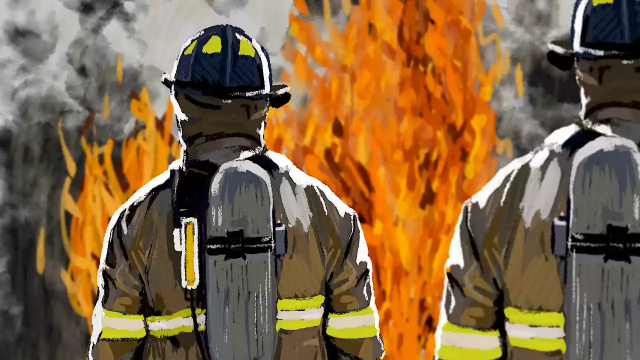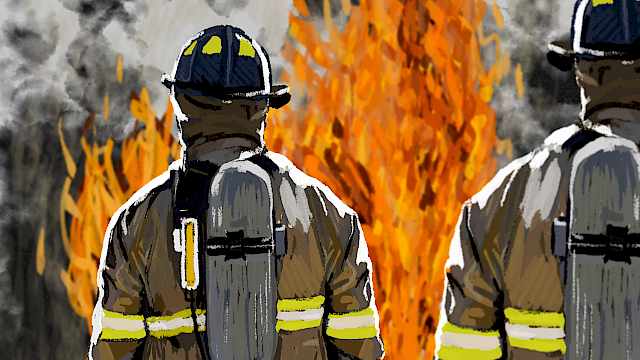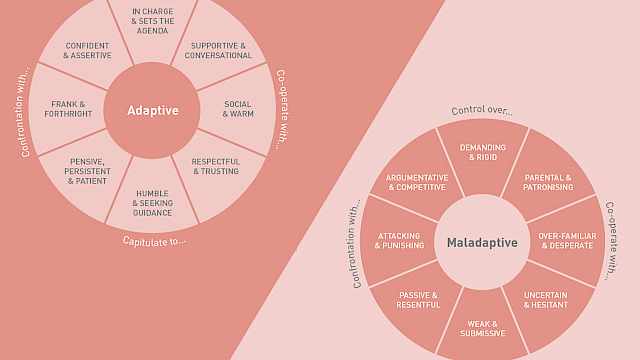Michael Humann
CREST Outputs
Projects
Articles
Academic Publications
The role of information sharing on decision delay during multiteam disaster response
Multiteam systems (MTSs) are comprised of two or more interconnected teams working toward shared superordinate goals but with unique sub-goals. To date, research has predominantly focused on how decisions are made and has viewed these cognitive processes as occurring within individuals. However, for MTSs operating in extreme environments such as disasters, it is often not a question of how decisions are made, but what is causing delays and failures to make decisions. To understand the causes of decision delay within these complex networks, it is important to focus on decision processes at the multiteam level. Using naturalistic observational and interview data collected during a multi-site, multiteam emergency response to a large-scale disaster exercise, this study examines both information sharing (what was shared, with whom, how long this took), and decision processes across teams (situational awareness—SA, plan formulation, and plan execution). Findings demonstrate that interdependencies in cognitive processes exist across individuals where goals overlap. Decision delay is not only caused by failure to develop SA within a team preventing their ability to formulate and execute plans but also by the inability of other teams to execute their plans. The implications of these findings for developing targeted interventions are discussed.
(From the journal abstract)
Waring, S., Alison, L., Humann, M., & Shortland, N. (2019). The role of information sharing on decision delay during multiteam disaster response. Cognition, Technology & Work, 22(2), 263-279. https://link.springer.com/article/10.1007/s10111-019-00570-7)
https://link.springer.com/article/10.1007/s10111-019-00570-7)
Projects
Articles
Academic Publications
The role of information sharing on decision delay during multiteam disaster response
Multiteam systems (MTSs) are comprised of two or more interconnected teams working toward shared superordinate goals but with unique sub-goals. To date, research has predominantly focused on how decisions are made and has viewed these cognitive processes as occurring within individuals. However, for MTSs operating in extreme environments such as disasters, it is often not a question of how decisions are made, but what is causing delays and failures to make decisions. To understand the causes of decision delay within these complex networks, it is important to focus on decision processes at the multiteam level. Using naturalistic observational and interview data collected during a multi-site, multiteam emergency response to a large-scale disaster exercise, this study examines both information sharing (what was shared, with whom, how long this took), and decision processes across teams (situational awareness—SA, plan formulation, and plan execution). Findings demonstrate that interdependencies in cognitive processes exist across individuals where goals overlap. Decision delay is not only caused by failure to develop SA within a team preventing their ability to formulate and execute plans but also by the inability of other teams to execute their plans. The implications of these findings for developing targeted interventions are discussed.
(From the journal abstract)
Waring, S., Alison, L., Humann, M., & Shortland, N. (2019). The role of information sharing on decision delay during multiteam disaster response. Cognition, Technology & Work, 22(2), 263-279. https://link.springer.com/article/10.1007/s10111-019-00570-7)



